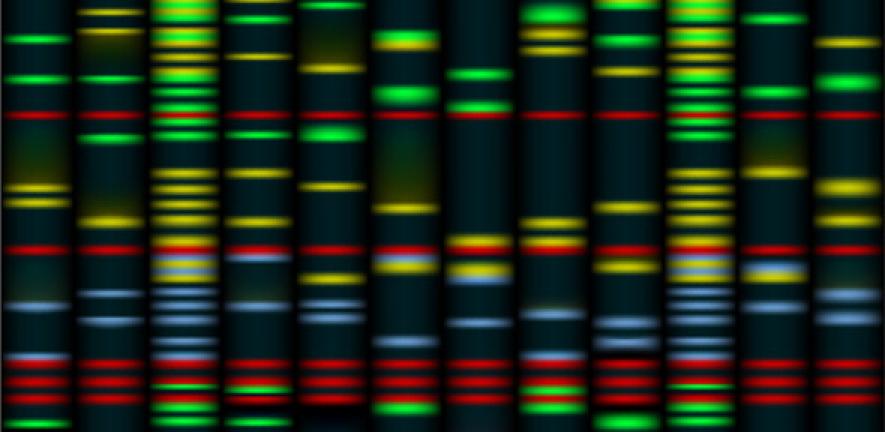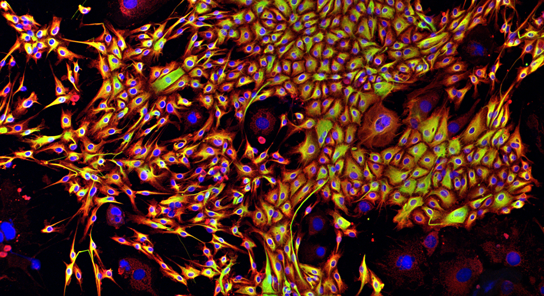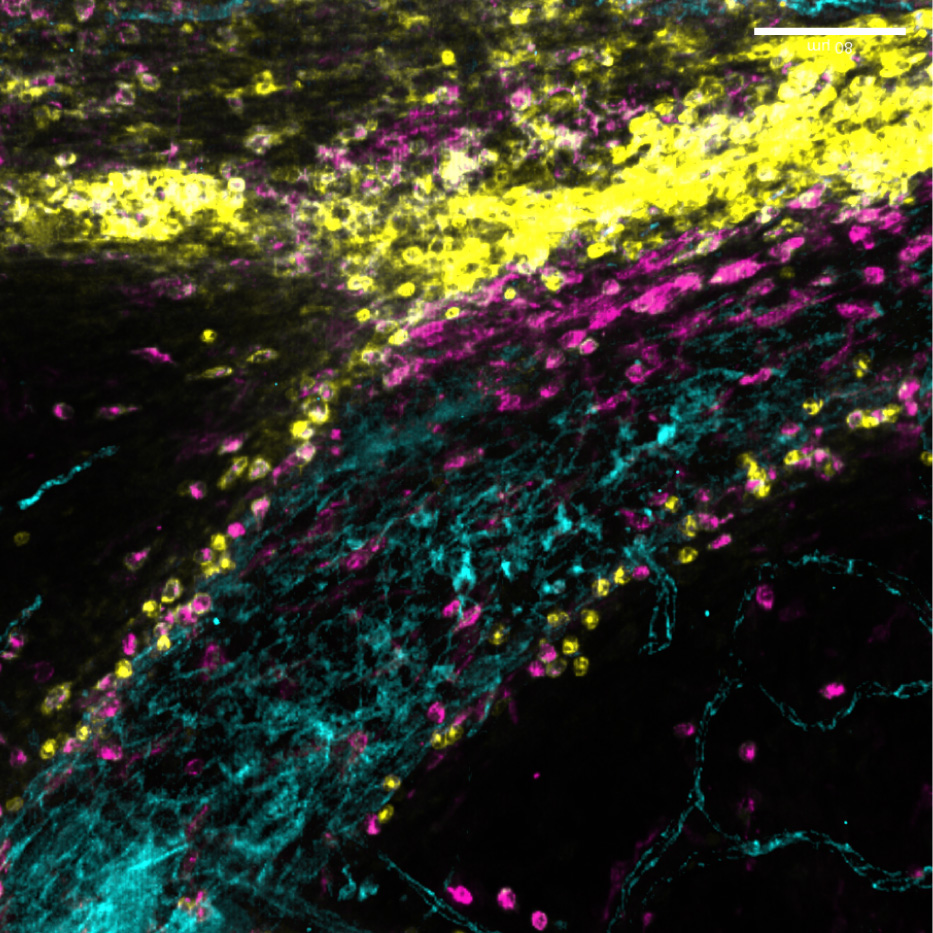Expanding the DNA alphabet: ‘extra’ DNA base found to be stable

A rare DNA base, previously thought to be a temporary modification, has been shown to be stable in mammalian DNA, suggesting that it plays a key role in cellular function.
Researchers from the University of Cambridge and the Babraham Institute have found that a naturally occurring modified DNA base appears to be stably incorporated in the DNA of many mammalian tissues, possibly representing an expansion of the functional DNA alphabet.
The new study, published today in the journal Nature Chemical Biology, has found that this rare ‘extra’ base, known as 5-formylcytosine (5fC) is stable in living mouse tissues. While its exact function is yet to be determined, 5fC’s physical position in the genome makes it likely that it plays a key role in gene activity.
“If 5fC is present in the DNA of all tissues, it is probably there for a reason,” said Professor Shankar Balasubramanian of the Department of Chemistry and the Cancer Research UK Cambridge Institute, who led the research. “It had been thought this modification was solely a short-lived intermediate, but the fact that we’ve demonstrated it can be stable in living tissue shows that it could regulate gene expression and potentially signal other events in cells.”
Related News
See all news-

1M to advance AI powered personalised ovarian cancer care
19th February 2026
Researchers from our Brenton Group are part of an international team awarded the Global Ovarian Cancer Research Consortium’s inaugural AI Accelerator Grant.
Find out more -

Professor Sir Steve Jackson elected as a fellow of the American Association for Cancer Research
16th February 2026
Senior Group Leader Sir Steve Jackson has been elected as a Fellow of the American Association for Cancer Research Academy in the Class of 2026.
Find out more -

New immune pathway offers treatment hope for childhood brain tumours
3rd February 2026
A newly discovered immune pathway could lead to gentler treatments for multiple childhood brain cancers, according to new research from our Gilbertson Group published today in Nature Genetics.
Find out more